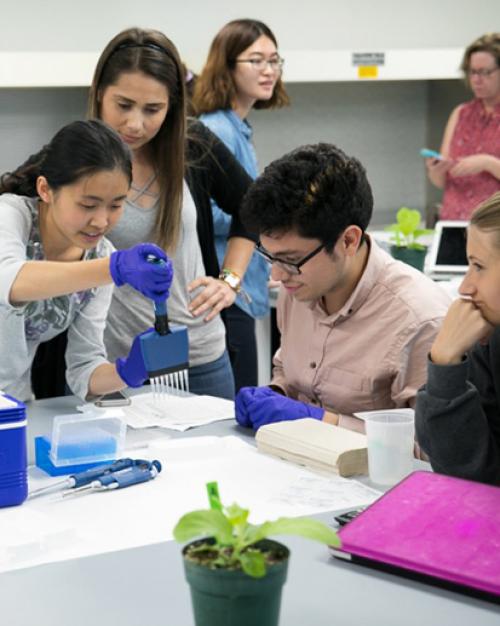As the National Science Foundation faces a potential major budget cut and suspends funding for some projects, researchers are waiting to find out if their projects will be impacted.
Natasha Holmes is an associate professor in the College of Arts & Sciences focused on STEM education courses. She says she came to the U.S. because of NSF leadership in science education research which she adds has made the U.S. a global leader in this space – until now.
Holmes says: “In October, my collaborators and I received notification that our $1.3M physics education research project was being recommended for funding. The project would build and support an expansive community of lab instructors eager to implement research-based strategies for teaching instructional physics labs to better engage students in authentic experimentation experiences. We anticipated this project would impact about 45,000 STEM students per year all around the nation at a wide variety of institutions and with a wide range of student populations.
“But that recommended proposal now sits in bureaucratic limbo as NSF has stopped awarding new grants and we brace for another round of grant terminations.
“This project is just one of many that demonstrate the disastrous impact of the government’s attempts to find ‘efficiency’ within the NSF. Students across the country are going to miss out on innovative improvements to their science education – innovations that would have critically prepared them for the competitive 21st century technological workforce. A generation of Americans are going to fall behind in their training, thwarting America’s global competitiveness and leading to disastrous consequences for jobs and the economy.”




